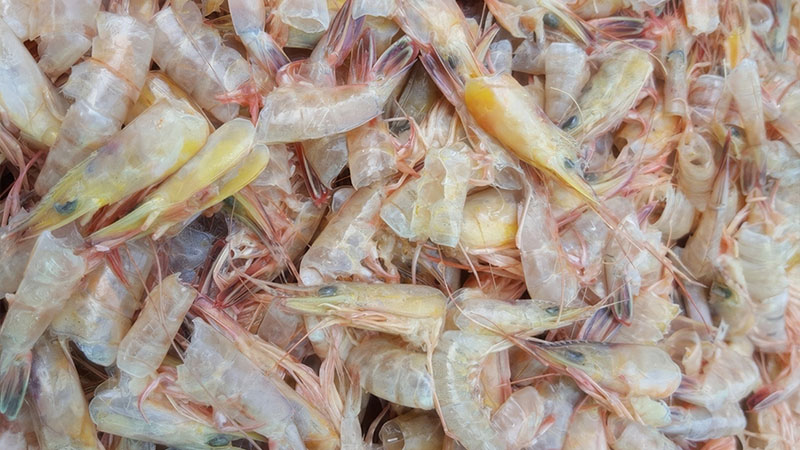Exclusive content

In today’s world, the importance of renewable energy sources cannot be overstated. While solar and wind energy are widely utilized, their effectiveness is often dependent on weather conditions. To address this variability, batteries serve as crucial backup or alternative energy sources.
The Challenge of Traditional Batteries
Traditional batteries, while effective, rely on materials that are not easily accessible or commonly found in everyday life. The challenge lies in finding materials that can prevent energy waste while remaining sustainable and affordable.
A groundbreaking project led by Spanish researcher Francisco Martin-Martinez, in collaboration with scientists from the Massachusetts Institute of Technology (MIT), has discovered an innovative material for battery production: chitin, derived from shrimp shells.
Chitin: A Sustainable Electrode Material
Chitin, a polysaccharide found in the exoskeletons of crustaceans and insects, has shown great potential in the production of electrodes for vanadium flow batteries. “We propose to produce this vanadium flow battery electrode from chitin, a material from shrimp shells, which, in addition to carbon, contains nitrogen,” explains Martinez, a Chemical Engineer.
Unlike lithium batteries, which are commonly used in the automotive industry for their high energy density, vanadium redox flow batteries offer substantial energy storage at a lower cost. This makes them ideal for storing energy from intermittent renewable sources like solar and wind power.
Sustainable Energy Storage from Food Waste
The use of shrimp shells to produce battery electrodes not only provides a sustainable way to store energy but also addresses the problem of sourcing lithium. By utilizing food waste, this innovative approach contributes to a circular economy and reduces environmental impact.